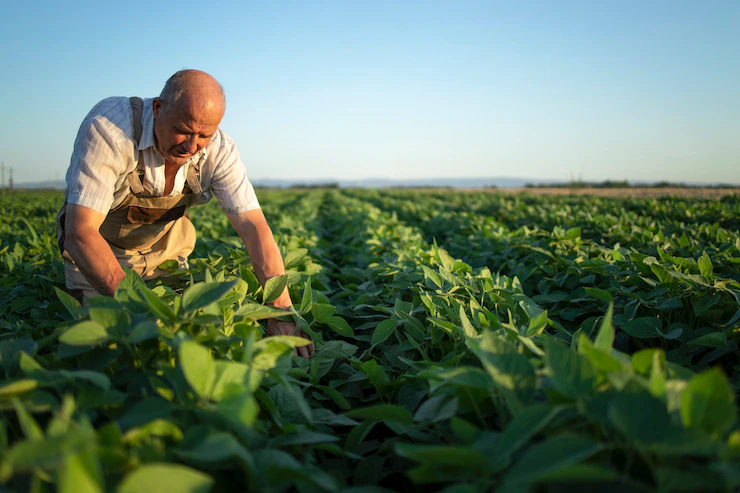Today’s update on the Quarterly Labour Force Survey (QLFS) data from Statistics South Africa confirmed the resilience of agriculture as it defied the odds and made a significant improvement in employment in the sector. The QLFS, a household-based employment survey (not seasonally adjusted) showed a slight decline in official unemployment rate to 31.9% in the 3rd quarter of 2023 relative to 32.6% in the previous quarter. This reflected an employment increase of 979 378 head in the 3rd quarter with 2.46 million jobs added over the past eight consecutive quarters.
The agriculture sector was boosted with an addition of 61,146 q/q (+7% q/q) and 82,984 jobs y/y (+10% y/y) in to 956,000 people in the third quarter of 2023. This is despite the tough operating environment characterised by disease outbreaks and infrastructure challenges such as a dilapidated road network.
At current levels, employment in the primary agriculture sector is well above the longer-term trend of 793,000 people.
The seasonal increase in activity with bumper harvests in full swing for both the field (grains and oilseeds) and horticultural crops in the third quarter more than offset declines in the livestock industry which is the biggest with a share of 42% of total gross producer value of agriculture during the 2021/22 season.
A good regional spread of jobs added with gainers being the Western Cape, Eastern Cape, Northern Cape, KwaZulu-Natal, North West and Gauteng. The Free State, Mpumalanga, and Limpopo however saw losses in employment numbers.
An uptick in employment numbers is a step in the right direction in helping fight the scourge of unemployment in the country. Agriculture has the potential to add more jobs, and this may be realised if impediments to growth are addressed by expediting the improvement of efficiencies in ports, fixing the rail system to ensure bulk agriculture produce gets back on rail, and repairing road infrastructure that has proven costly for producers.
Moreover, the seasonal outlook has improved significantly as the El Nino scare seems to have dissipated with forecasts still calling for rains in the early part of the current crop season which bodes well for agriculture. Farmers are even optimistic in the field crop category with the first intentions to plant indicating an increase of 2% y/y in the maize area, the country’s biggest staple.
By Paul Makube, Senior Agricultural Economist, FNB Commercial
Join 'Farmers Mag' WhatsApp Channel
Get the latest Farming news and tips delivered straight to your WhatsApp
CLICK HERE TO JOIN






